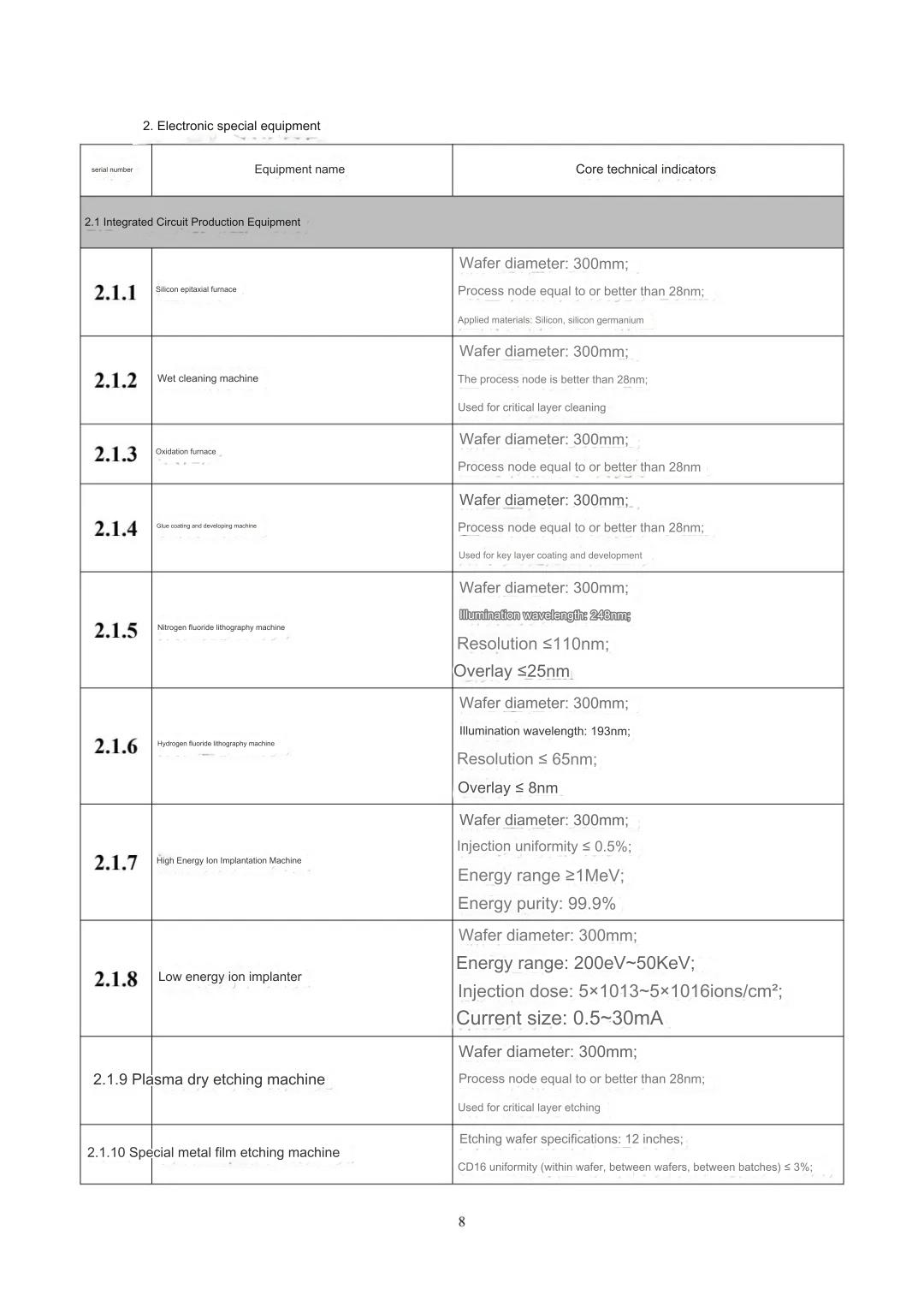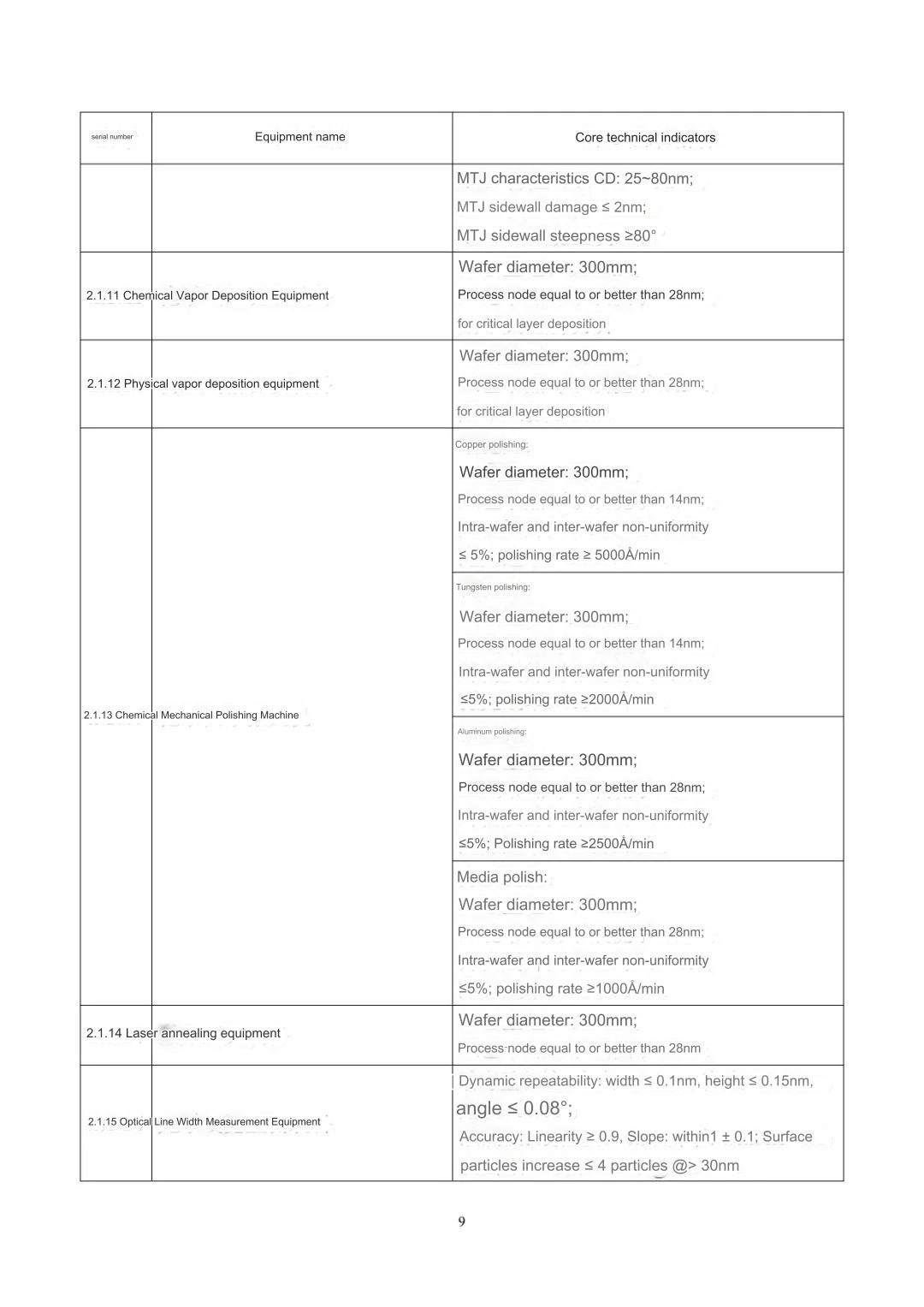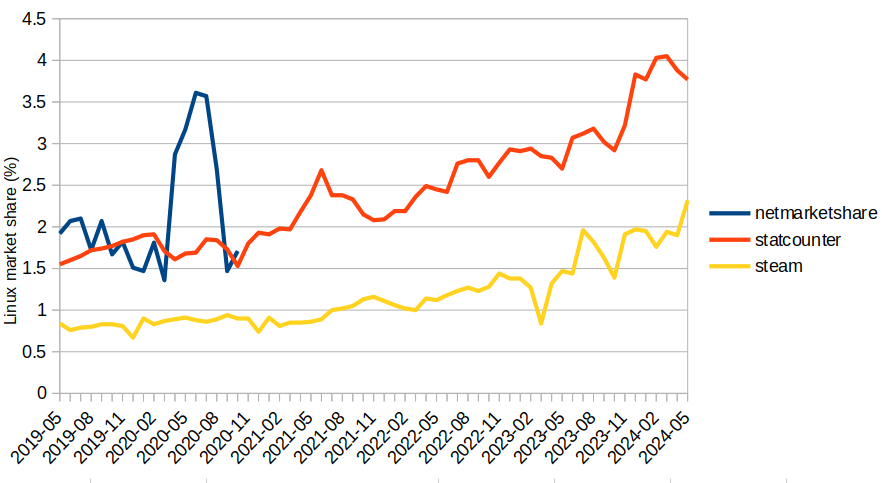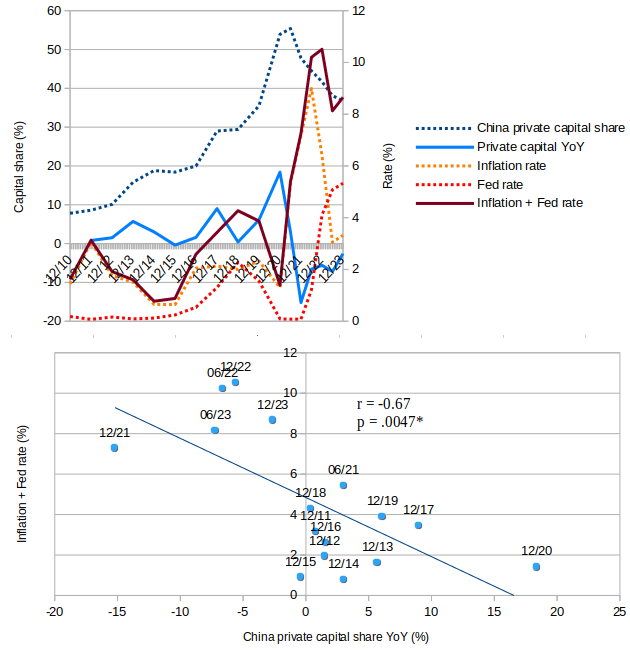Only the first human was natural, every one after that was created by humans.
pancake
I'd say [email protected] is the better option, but hey, as long as you got your question answered... :)
False in theory, true in practice. It is rare for the political landscape and a majority vote to align in such a way that it really has a disruptive effect. And in those instances wherein it happened, wasn't uncommon to see a coup afterwards.
> be me
> lymphoma cell
> produce lots of protein called Cdk9 that activates genes that make me divide
> cells like me normally die from apoptosis tho (programmed cell death)
> okay then
> also produce lots of protein called Bcl6 that deactivates genes that make me die from apoptosis
> no apoptosis now
> researcher gives drug
> drug glues together my Cdk9 with my Bcl6
> when Bcl6 visits a gene to deactivate it, Cdk9 activates it instead
> apoptosis.jpg
So, Russia is effectively endorsing Trump? Or just trying to destabilize as much as possible?
Countries anger and provoke each others' populations by pointing out the bad stuff, and defend against that by censoring or otherwise cracking down on dissent. Articles like this are just attacks against us in this process, true, but I think specific ones like this are still useful, when critically understood, to help us realize that not only the countries we don't like use those authoritarian tricks, but more or less every one (and those countries that don't are couped by one or another who does).
I don't really think the Russian economy is any real bottleneck here; they have abundant natural resources, a densely-knit industry and even now still many trading partners. Ultimately the only realistic way to stop the war is a peace agreement, which is why people voted for Zelenskyy in the first place.
I guess Putin believes there will be a WW3, and would rather fight Ukraine before they actually join NATO and build up military infrastructure. Pulling out now would be a blunder under that viewpoint.
There's this post of mine, also this article gives some background on the application of PIR to anonymous messaging. Basically, I'm trying to do a basic version of that, but using a state-of-the-art PIR protocol introduced in this article. It's still not great performance-wise, but it's enough to be practical (as stated, many thousands of users given enough resources).
No, sorry, I haven't uploaded anything yet, I've only coded the protocols and some benchmark code. The idea is for each client to send and receive data continuously. Since text messages are pretty small and YPIR+SP doesn't have a lot of overhead, that could be a reasonable way to conceal all metadata, as long as there are not enough people connected to overwhelm the server.




The overwhelming majority of all neurons in our body are just for controlling movement. Ironically, things like language or creativity require very little of our computing power and might be replicated by machine learning and a sufficiently beefy computer. But complex motor tasks? We're way ahead of our current tech on that.